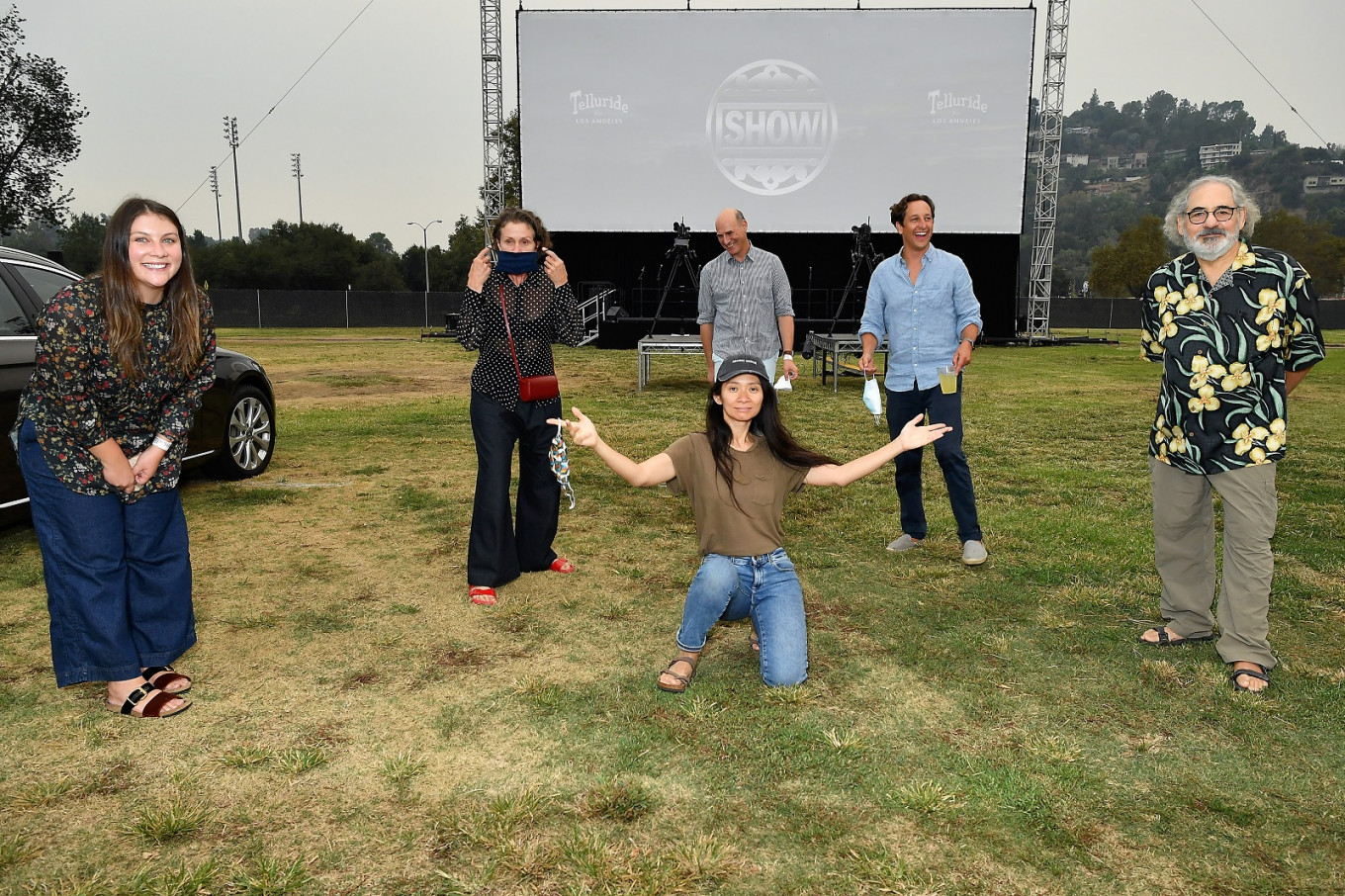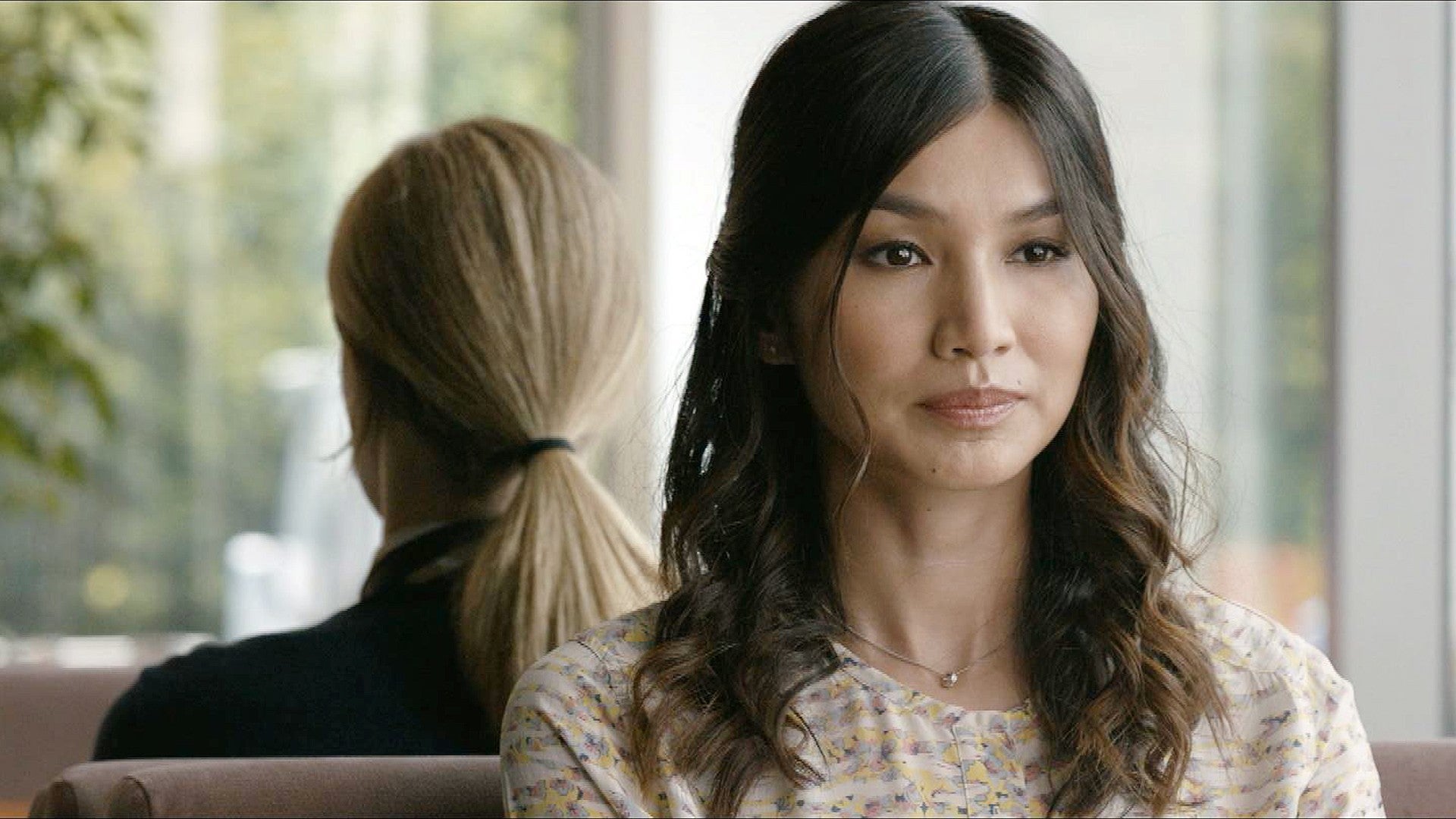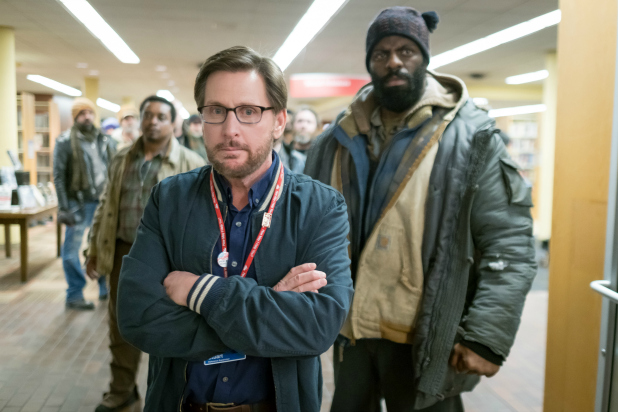Hollywood Exploits Homeless Crisis As Cross Country Great Adventure
A pandemic wet dream escapist antidote in ever worst sense of the word, Nomadland and its current breathless avalanche of critic accolades could not be further from its sobering reality. Director Chloe Zhao seems to be exploiting free spirit fantasy - somehow traveling the Trump train in that regard making US socio-economic misery great again.
Nomadland finds Frances McDormand impersonating a homeless elderly woman who embarks on a lone journey in her van across the barren western landscape, following the death of her husband and the shutting down of that mining region - the zip code vanishing as well. At first Fern's plight plays out as disturbing and heartbreaking, a reality progressively observed as this country sinks into an economic crisis counting joblessness, hunger and homelessness everywhere.
But as Nomadland progresses, Zhao's focus digresses into increasingly unrelated side trips - namely homelessness not only as choice, but rambler euphoria. Far less a massive hard times state of hopelessness than an adventure across state lines. And a fleshing out of Fern's increasingly unlikable personality as misanthropic, a rejection of family and deep relationships with an aversion to other than fleeting human contact on the road.
Meanwhile, no need apparently to responsibly include the alarming statistics on homeless female assaults, murders and rapes. And by defining homelessness here as mental or emotional in origin, the travesty continues, not only in maligning the homeless - who may very well have psychological issues though predominantly as a result of being homeless - but in sidestepping the economic causes and solutions to their predicaments.
And to sum up, with Nomadland essentially featuring characters hugging and kissing their poverty like a great hyper-romaticized US adventure - including intermittent cheerful gigs at Amazon warehouse pit stops along the way to earn some spare change. Wonder if Amazon allowed filming there if criticism of their worker exploitation was totally off the table.
Oh wait, Zhao's reward for buttering up the critics with this middle class pandemic virtual escape romp - she has been pegged to helm Hollywood's latest Marvel superhero spree, The Eternals.
Prairie MillerHost and Executive Producer, Arts Express
WBAI/Pacifica National Radio Network Affiliate Stations
Global Radio Network
WBAI Listen On Demand









